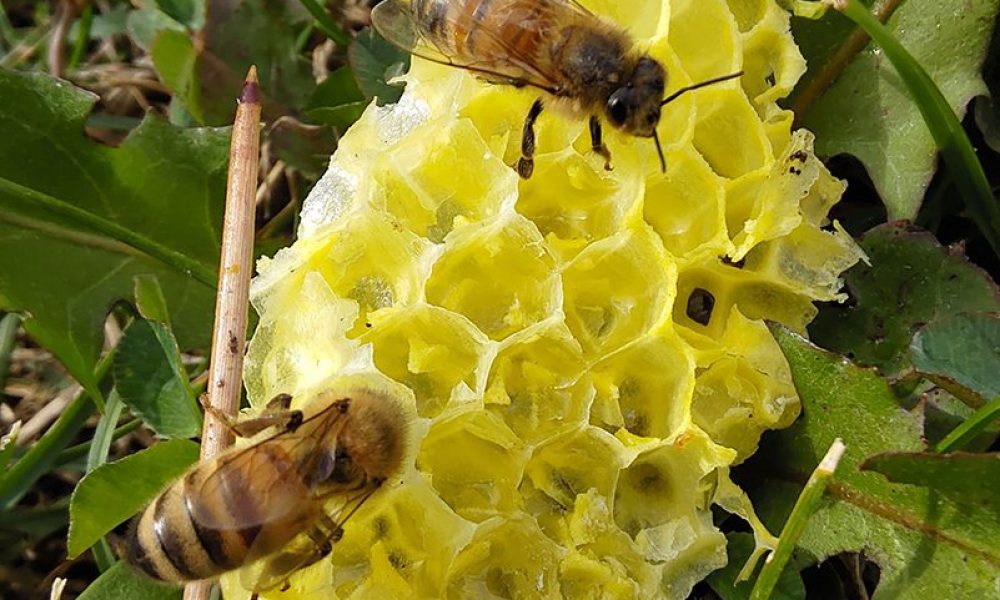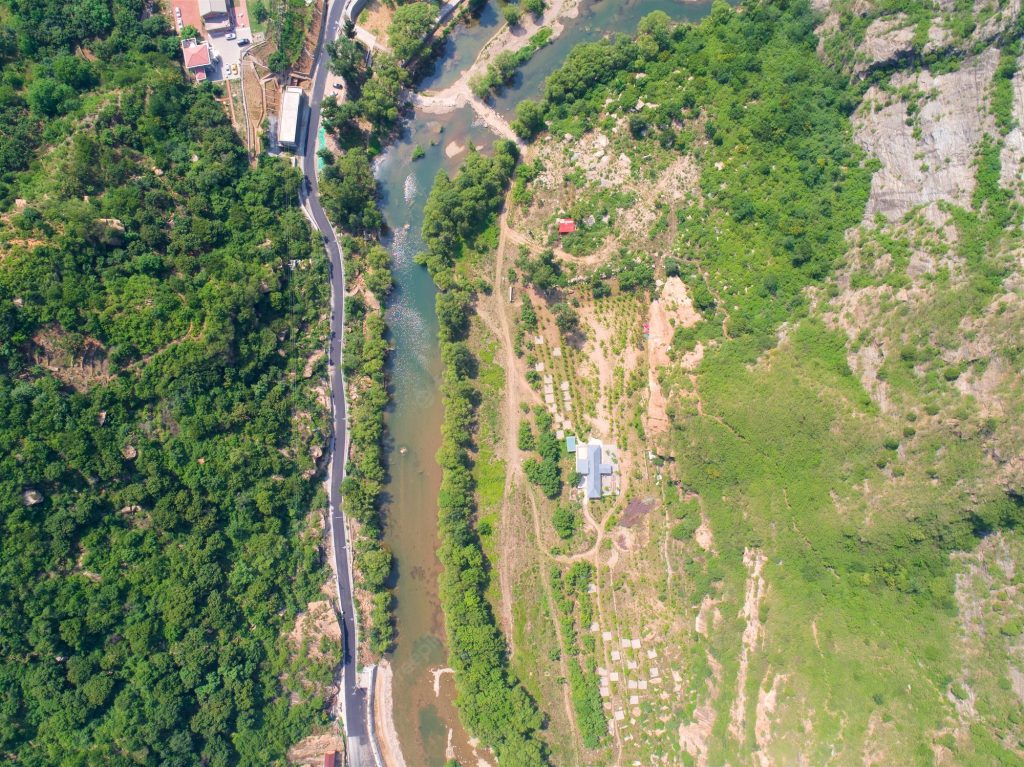Close
About Us
Projects & Demonstrations

Pollinators and Bees

In June 2021, Kingbridge welcomed 80,000 honey bees to the property. These busy pollinators will help drive understanding of the importance of bees to our food production systems, the impacts of urbanization and climate change on bee populations, and new technologies to manage and support hive health.
Pure honey has many health benefits. The honey produced will be used in food services onsite, and will be registered in a tracking database that ensures honey you get has not been adulterated, like many honey imports.
Trees and Forest Accelerators

Planting trees is a natural way to restore ecosystems and to cut down on Greenhouse Gas Emissions. With an ambitious federal goal of planting 2 Billion trees, the challenges of supply chains, protecting native species and finding cost efficient ways to plant trees at scale, in areas other than northern and remote communities, there are many opportunities for innovation.
“The solution isn’t trees. It’s trees plus math” – Yishan Wong
Kingbridge has harnessed part of its 113 acres of land to start a tree nursery for at-risk native species. So far, 1,300 white cedar seedlings have been planted, and 9,000 seedlings of other native varieties are growing on a holding property.
Working with partner organizations to determine solutions to the scaling issue, Kingbridge is building a forest accelerator program linked to data collection and analytics to overcome some of the challenges in achieving the 2 Billion tree goal.
As approved by Forest Ontario and the Province, 67 arches of Kingbridge property has been designated as a Managed Forest.
Working with partner organizations, Kingbridge is exploring species migration studies to track impacts of climate change on native trees.

